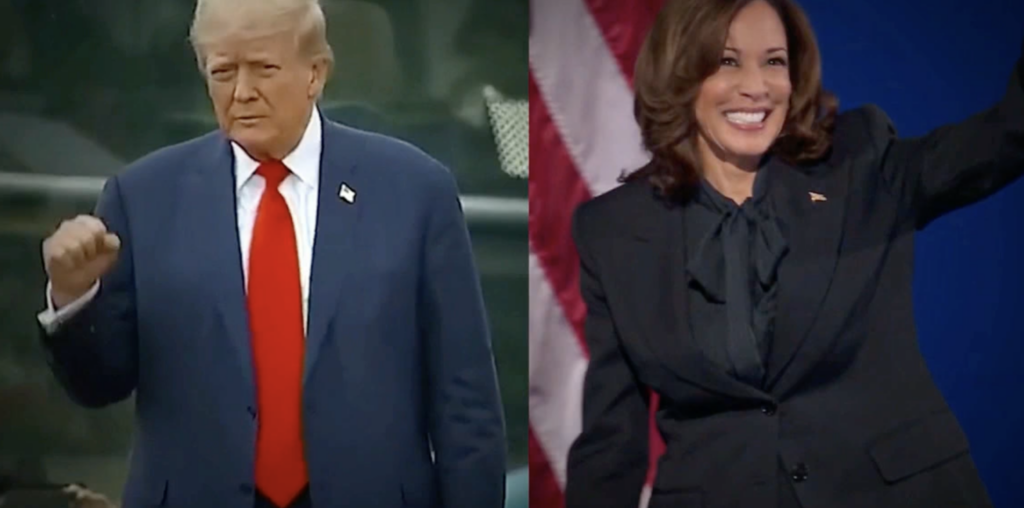
The United States will hold a presidential election on Nov. 5. It will mark the 60th presidential election in American history and the first after the reallocation of electoral college votes since 2020.
Both President Joe Biden and his Republican challenger Donald Trump became their party’s nominees on March 12 following a short primary season.
Biden, however, dropped out of the race on July 21 ahead of the Democratic National Convention. As a result, the party nominated his running mate, Vice President Kamala Harris.
While early voting has begun in various states across the country, the Trump-Harris race, according to polls, remains very close. You can check the latest polls here.
Nearly all U.S. adults say it is important to have a president who lives a moral and ethical life, and almost half say it’s important for the president to have strong religious beliefs, according to a Pew Research Center study released this past March.
The study found the following:
— 13 percent of U.S. adults say they think Biden is “very” religious, while 41% say he is “somewhat” religious and 44% say he is “not too” or “not at all” religious.
— Four percent think Trump is “very” religious, while 25% describe him as “somewhat” religious and 68% say he is “not too” or “not at all” religious.
— Fewer than half of Americans say Biden or Trump stand up for people with their religious beliefs at least “some,” though responses on this question vary a lot by religious and political affiliations.
— Republicans and Democrats are highly polarized in their opinions of Biden and Trump, as well as how they evaluate these candidates’ religious engagement. These divides are often reflected in religious subgroups. For example, White evangelicals view Trump more favorably than do people in other religious groups, while Black Protestants, Jews and atheists are more positive than many others about Biden.
With that, here’s a guide to the 2024 U.S. presidential candidates, their religious affiliations and a notable statement they have made about faith:

